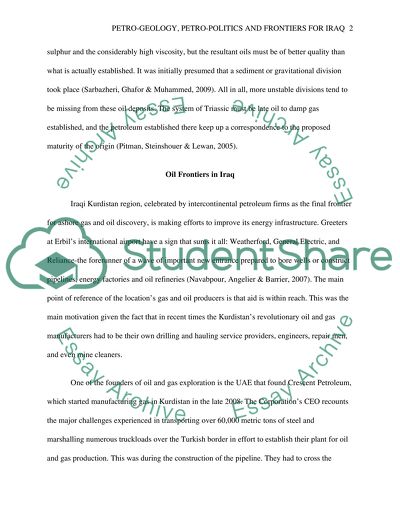Cite this document
(“Petro-geology, petro-politics,and frontiers for Iraq(2005onward) Term Paper”, n.d.)
Petro-geology, petro-politics,and frontiers for Iraq(2005onward) Term Paper. Retrieved from https://studentshare.org/history/1457310-petro-geology-petro-politicsand-frontiers-for
Petro-geology, petro-politics,and frontiers for Iraq(2005onward) Term Paper. Retrieved from https://studentshare.org/history/1457310-petro-geology-petro-politicsand-frontiers-for
(Petro-Geology, Petro-politics,and Frontiers for Iraq(2005onward) Term Paper)
Petro-Geology, Petro-politics,and Frontiers for Iraq(2005onward) Term Paper. https://studentshare.org/history/1457310-petro-geology-petro-politicsand-frontiers-for.
Petro-Geology, Petro-politics,and Frontiers for Iraq(2005onward) Term Paper. https://studentshare.org/history/1457310-petro-geology-petro-politicsand-frontiers-for.
“Petro-Geology, Petro-politics,and Frontiers for Iraq(2005onward) Term Paper”, n.d. https://studentshare.org/history/1457310-petro-geology-petro-politicsand-frontiers-for.


